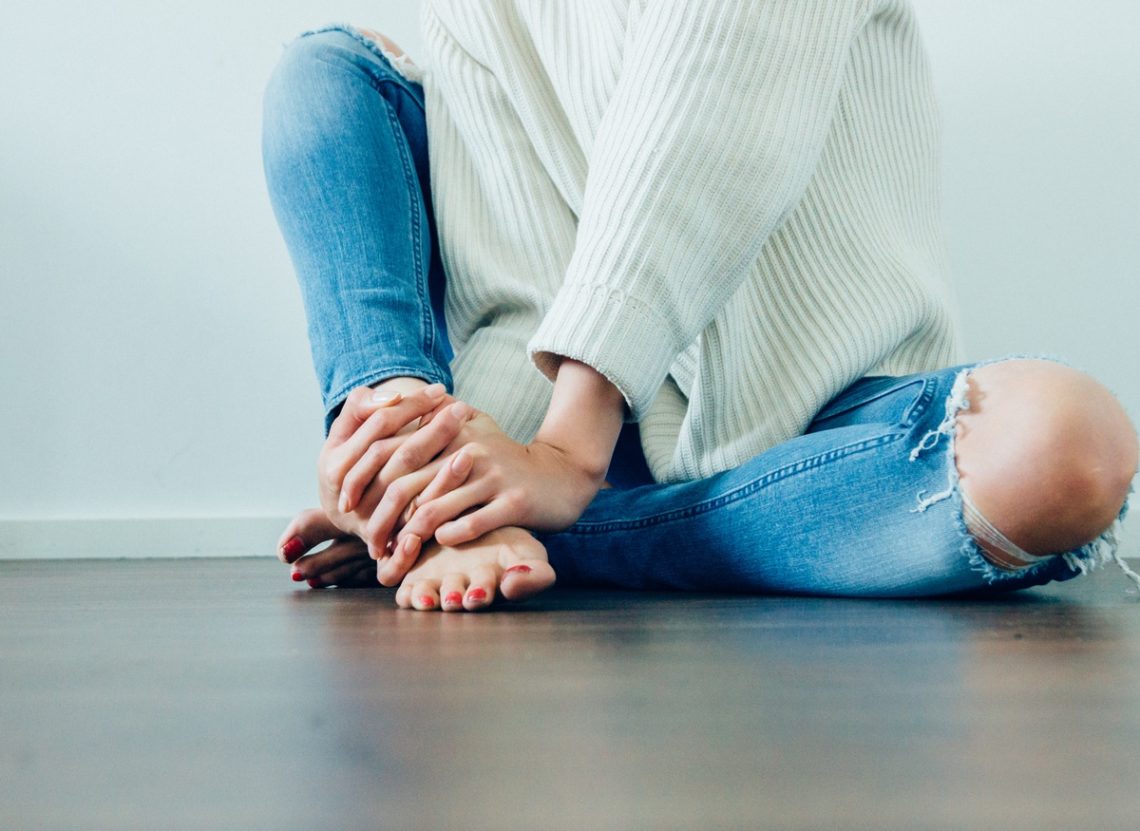
Your feet are a vital part of your daily activity; they are responsible for carrying your entire body around. When you suffer from foot pain, whether temporary or chronic, everyday activities suddenly—and frustratingly—become much harder to accomplish.
There are many causes for foot pain, but a common culprit is your body weight. As troublesome as foot pain is, it’s not hopeless!
It’s important to remember that your feet not only carry your body weight; they also absorb the impact of each step you take. When they’re carrying more weight around, they’re put under more stress, which in turn puts more stress on the tissue and wears down the foot structure. Being overweight by even 25 pounds increases the stress on your feet.
Here are four of the main ways that your weight can negatively affect your feet:
- Tendon Inflammation – Carrying too much weight causes you to change your posture, which shifts your body weight to the inside. This weight shift puts extra pressure on your arches and tendons, often resulting in tendonitis.
- Plantar Fascia Inflammation – The plantar fascia is the soft band of tissue on the sole of your foot that connects the heel bone to the toes. When it becomes inflamed it causes plantar fasciitis, a stabbing sensation in the heel that makes it painful to walk.
- Osteoarthritis – This is the breakdown of cartilage in joints. Though this most commonly affects knees and hips, it also causes swollen and stiff joints in your ankles.
- Nerve Pain – Burning, tingling, or numbness are typically a result of nerve pain, which stems from neuropathy and neuromas.
As discouraging as foot pain can be, there are ways to reduce or even eliminate it. Losing weight is one of the best ways to decrease foot pain, but since walking or even standing can be uncomfortable, it can be difficult to exercise.
Here are a few other ways to help decrease your weight-related foot pain:
- Try regenerative medicine. Regenerative medicine is a minimally invasive treatment that is particularly helpful with tendon pain, plantar fasciitis, and arthritis. Regenerative treatments like AmnioFix change growth factors to the body’s own stem cells that reduce inflammation and scar-tissue formation to enhance healing. These treatments have minimal lay up so you can continue to work out and even do weight-bearing exercises.
- Wear sufficiently cushioned shoes. Being overweight makes it difficult to bend over, and flip-flops or other slip-on shoes seem to be a good choice because they are easier to put on. These shoes offer little to no support, however, and will only make your foot pain worse.
- Invest in orthotics. Custom orthotics are an excellent way to correct foot misalignment and decrease pain. Anderson also points out that “custom orthotics are hugely important, and take the support you need from shoe to shoe.” Orthotics combined with AmnioFix are commonly used in treating weight-related foot pain.
- Do low-impact exercises. Low-impact exercises like swimming and cycling are a great way to shed some weight without the pain of higher-impact workouts like running or hiking.
Whether your foot pain is weight-related or caused by something else, it’s important to understand that foot pain is never normal, and you don’t have to live with it.


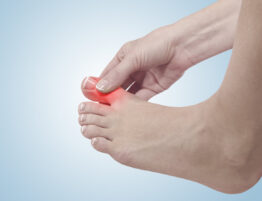

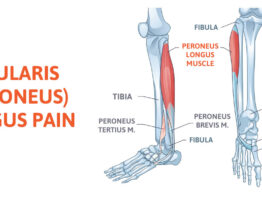
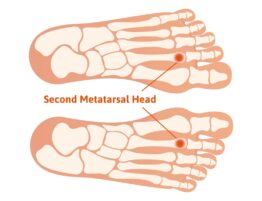
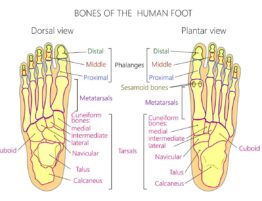
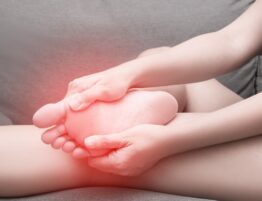
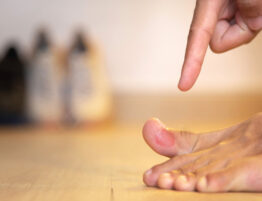
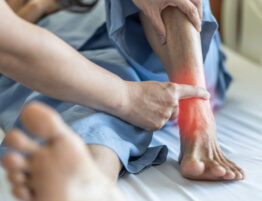
Write a comment: